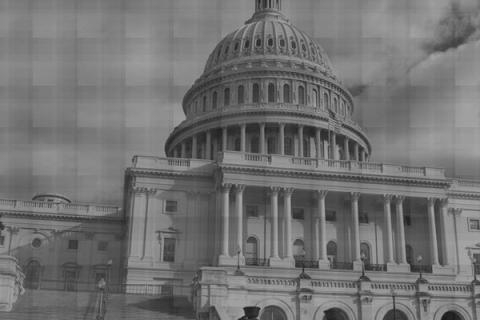Three states will attempt to legalize marijuana this November, as support for such measures grows. According to a Rasmussen poll, 56% of Americans are in favor of legalizing marijuana and regulating it in a similar fashion to alcohol and cigarette consumption. As support rises, three Western states are embracing an open-mind in the area of marijuana legalization, with the reality of legal marijuana consumption potentially materializing in Colorado, Washington and Oregon.
In Colorado, Amendment 64, if passed, would legalize the possession of up to an ounce of marijuana for adults 21 or over. The FBI reports that one marijuana arrest occurs every 42 seconds. With more than 10,000 of those arrests coming from Colorado annually, proponents of Amendment 64 argue that passage would cut state costs and allow for increased revenue through state regulations. “We continue to see a trend of increasing arrests year after year after year,” Betty Aldworth, campaign spokesperson argues.
On moral grounds, legalizing marijuana is an issue of civil rights, argues the NAACP. In the midst of a drug war, the number of African Americans and Latinos being arrested for the low-level crime of possession is disproportionately high. California NAACP President Alice Huffman argues, "when you have a law that is not applied evenly across the board, then you have discrimination, and it’s legal discrimination." More generally, it could be argued that prohibiting marijuana violates liberty, one of the principles on which the US was founded.
 Opponents of the Colorado initiative, however, offer a different perspective in the debate over the legalization of marijuana. When discussing the risks of legalization, the group Smart Colorado likens legalized pot to the legalization of alcohol. The challenge, the group advocates, will be making sure marijuana stays out of the hands of the youth.
Opponents of the Colorado initiative, however, offer a different perspective in the debate over the legalization of marijuana. When discussing the risks of legalization, the group Smart Colorado likens legalized pot to the legalization of alcohol. The challenge, the group advocates, will be making sure marijuana stays out of the hands of the youth.
An October poll on the Colorado proposition finds 48% of respondents in support, with 43% opposed to the legalization of marijuana and 9% of likely voters undecided.
In Washington, a similar initiative is on the ballot, but has yielded more support in the month leading up to the election. Washington's Initiative 502, which would legalize marijuana, leads in the polls with 54% support, 38% opposition, and 7% undecided. The initiative mirrors Colorado's Amendment 64, and would legalize marijuana for recreational use among people 21 years old or above. Similarly, it would tax the sale of marijuana.
Opposition of the initiative doesn't just come from those opposed to smoking marijuana. Steve Sarich, the manager of the "No On I-502" campaign produces and smokes medical marijuana. While he is unopposed to the drug, he argues that the initiative will "put the screws on medical marijuana users," according to an NPR report.
One of the provisions of the initiative sets a THC, the active ingredient in marijuana, limit in the bloodstream of drivers. Similar to blood alcohol content, this level would be set in order to prevent reckless driving. The flaw in this provision, Sarich argues, is that marijuana differs from alcohol because of the amount of time THC stays in the blood stream.
The Yes on Measure 80 campaign attempts to legalize marijuana in the state of Oregon this November.As the third Western state making attempts to legalize marijuana, Oregon is lacking support for legalization. The Cannabis Tax Act, or Measure 80 aims to regulate, tax, and manage marijuana for adults 21 and up in Oregon. Unlike the other two ballot initiatives, however, Oregon's measure would "change the whole paradigm," says hemp and medical marijuana advocate, Paul Stanford.
Oregon's measure would license growers to produce hemp for the state to purchase. There would be no limit to the amount of marijuana legally acceptable for a person to have. Slate lays out the 5 key differences in Oregon's measure, labeling it one of the most progressive laws. And while Oregon has one of the highest rates of marijuana use in the country, a lack of funding could threaten Oregon's Measure 80. With just $1,800 left in their bank account, organizers face an uphill battle in transforming marijuana policy in the state.


